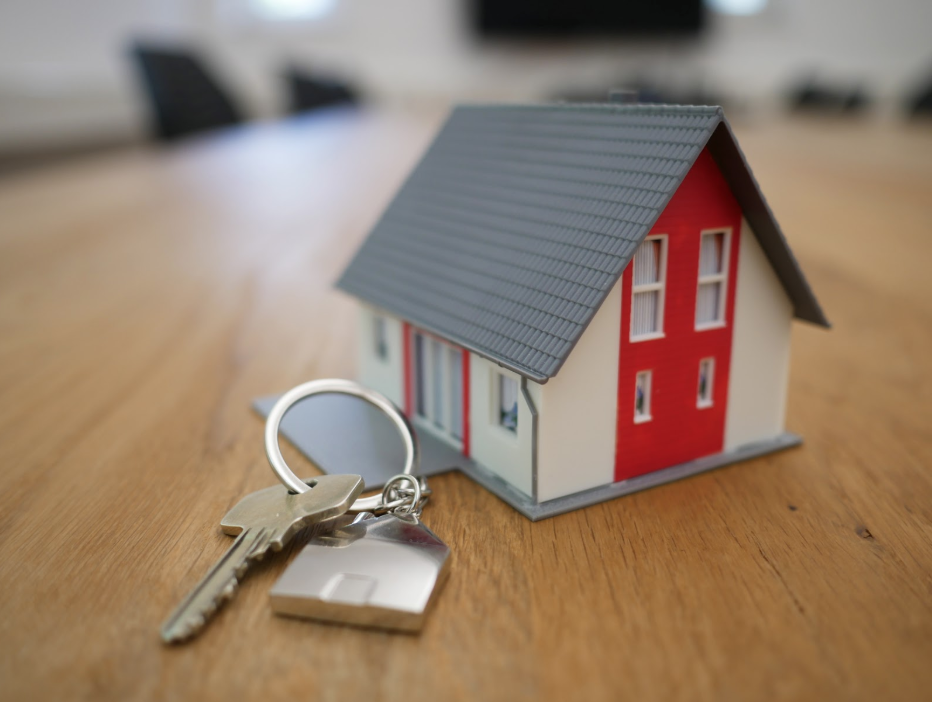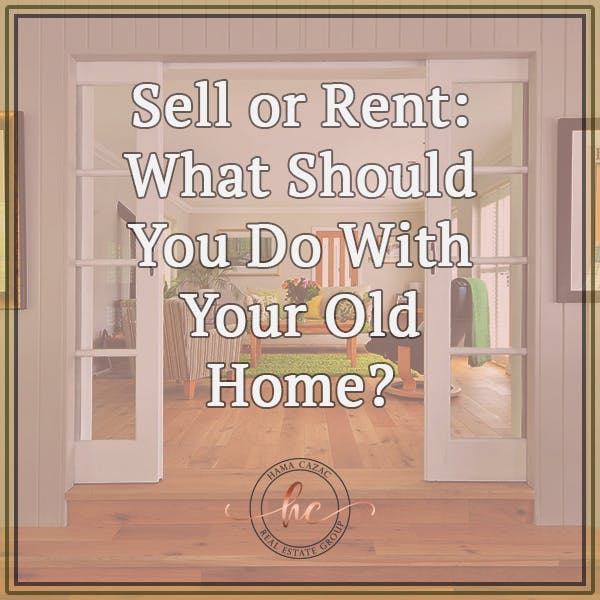
When it comes time to move out of your old home, you’ll likely be met with quite the predicament; to sell or to rent? Which is better? Which has the most benefits in the long run? Keep reading to learn more about the benefits of selling and renting. This guide also covers how to decide which one is right for you when you outgrow your old home.
Can You Afford to Rent Out Your Home?
Often times, potential renters don’t fully account for the expenses they’ll likely incur during the rental process. You’ll be letting someone else stay in your home for a pre-determined price, and while it’s a good way to generate passive income. Consider a few things first.
- Is your mortgage paid off, or will your rental price be helping with this expense?
- Are you going to pay to advertise the property to rent it out?
- Can you be certain your property will stay occupied or have you planned for possible future vacancies?
- Are you aware that property tax doesn’t change simply because you’re renting your home out?
- Don’t forget that renters can cause damage to the property, and you’ll be responsible for repairs or other costs associated with fixing or replacing anything that gets broken.
If you don’t have the cash flow to cover sudden costs, or the ability to meet your mortgage payment when the house is vacant, it might be a better idea to sell your home rather than rent it out.
You’ll also want to remember that you’re the landlord; which means late-night phone calls for broken toilets, covering the entire cost of maintenance and repairs, and dealing with renters who are either late or don’t pay rent.
Selling Your Home Has Many Benefits
Selling a home has several benefits, you’ll get to walk away from a home that doesn’t fit your needs anymore. You won’t have to deal with tenants, taxes on your rental income, or being a landlord. If you’ve accumulated enough equity and the market is doing well, you can sell your home for a nice profit, and you’ll have the down payment for your next home in hand.
If you’ve ever wondered “how much tax do you pay when you sell a house in Canada?”, the answer has changed since 2016 and the introduction of new tax laws. Before 2016, if you sold your primary residence, you didn’t have to report that sale in order to receive the principal residence exemption.
Now, you’ll have to report the sale, and fill out the T2091 form in addition to your Schedule 3. The amount of tax you’ll pay on a home will depend on your specific situation and exemptions.
The Best Choice?
While both options provide benefits and drawbacks, selling your home is generally the best way to remove yourself from the responsibility of your old home. Being a landlord is hard work, and you’ll be responsible for the maintenance and taxes of an extra property if you decide to rent. Not to mention, finding tenants is a job in and of itself, and sometimes you’ll find the wrong occupants and end up incurring even more costs.
If you’re comfortable renting your home and being a landlord, renting is a good option; but most homeowners will choose the selling route instead. The equity you’ve built up in your home can make for a good profit, and you’ll have an extra chunk of cash available for the down payment and other expenses associated with securing your new home.


